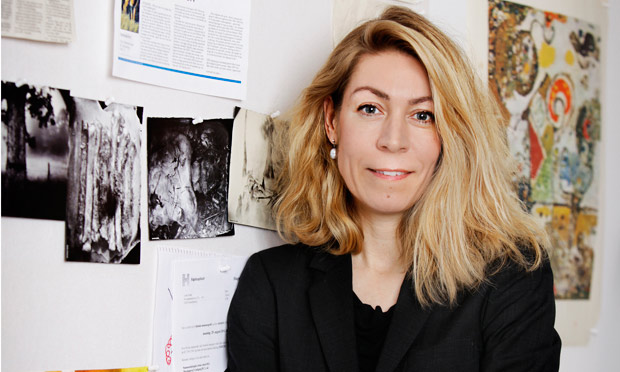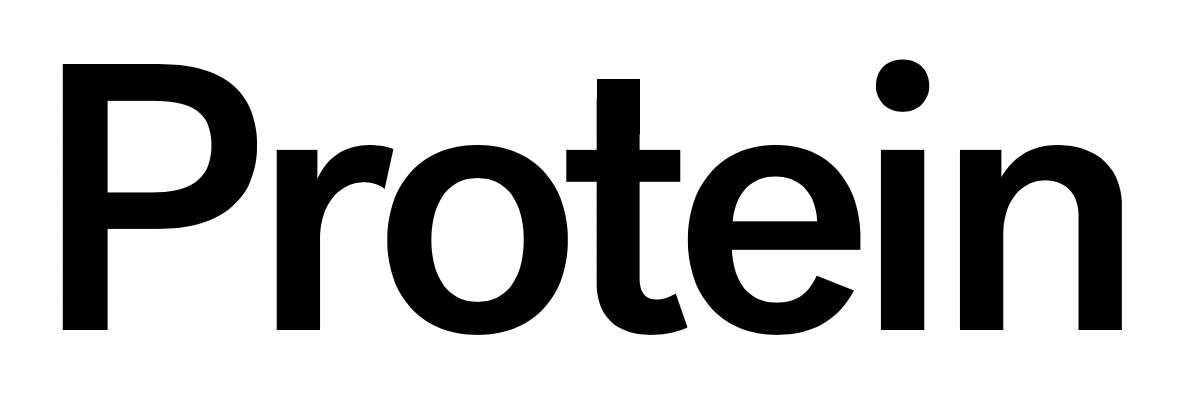Lone Frank
Genetics is about to be taken out of the realm of the scientist and placed in the hands of the public.Having your genome profiled is becoming increasingly cheaper and more accessible. And almost a dec


Genetics is about to be taken out of the realm of the scientist and placed in the hands of the public. Having your genome profiled is becoming increasingly cheaper and more accessible. And almost a decade since a complete draft of the genome was unearthed by the Human Genome Project, the next years are promising to radically change not only the personal health industry but possibly our wider society.
‘I think consumer genetics is one of the most important scientific developments, and maybe cultural developments, in this Century,’ say science writer Lone Frank, who has traveled around the world talking to those who have pioneered the personal genetics movement, and written about it in her latest book My Beautiful Genome. With a family history of depression and breast cancer, Lone decided to have her own genome sequenced in the hope of uncovering some of the questions about her family’s past and how – or if – our genome plays a part in our individual destiny.
In the last few years the web has become populated with companies offering a glimpse into our genome. The cost of doing this was once out of reach to anyone without a grant and a lab. But things have recently changed. Through a simple swab of your inner-cheek, companies such as 23and Me, Navigenics or deCODEme can reveal a snapshot look at your genetic makeup. ‘This profiling tells you something about your disease risk - heart disease, bladder cancer, macular degeneration - all kinds of diseases,’ explains Lone. ‘They will tell you something about your personal risk, but it’s not going to tell you what you’re going to die of.’
I think consumer genetics is one of the most important scientific developments, and maybe cultural developments, in this Century. DNA holds the instructions that, for the most part, make us who we are. It’s through this recipe of base pairs that everything from eye colour, height and shape, familial lineage, to our risk for developing heart disease is stored. But gene profiling is more than just disease risk and physical appearance. ‘Knowing about disease risk is interesting, but what is more interesting is why we are the way we are,’ says Lone. ‘We don’t know very much about why our psychology is the way that it is. Our individual personality traits are 50% inherited, so there’s an awful lot of genetics involved here. But we know very few of the genes.’
‘These [genetic profiling] tools are still first generation,’ explains Lone. ‘Genetics is really a work in progress, but the knowledge is piling up.’ And this is where personal genetics gets really interesting. This direct-to-consumer genomic testing is producing a vast amount of usable genetic data that is promising to transform the way we understand and consider disease risk. And these genetic databases could offer real insight for scientists working towards solutions for prevention.
Naturally, with this kind of personal information there are concerns being raised over privacy. Perhaps an employer could discover you hold an increased risk for dementia. Or an insurance company might giving you altered rates based on your genetic profile. But Lone doesn’t see this as a real issue. ‘Why should genetic information be so much more personal and important than your credit rating, or other stuff that is out there for people to know about you,’ she asserts. ‘It builds on that old view that our genes are us, that if you look into your genome you can see your future. But it’s not that simple.’
In the long-term Lone sees this industry having the potential to drastically change the way we approach healthcare, particularly from an early age. ‘Our genes are the hand of cards that we are dealt,’ says Lone. ‘They don’t specify our future or who we are, but are part of who we are.’ And this better understanding of our individual make-up could assist in better preparing for the future. ‘In the long run I think we’re going to see everyone having their whole genome mapped from birth,’ predicts Lone. ‘This information could then be placed with a company who will manage your genetic data, and update you with new findings coming out of science. It will be life management based on science and genetics.’
http://www.lonefrank.dk



Discussion